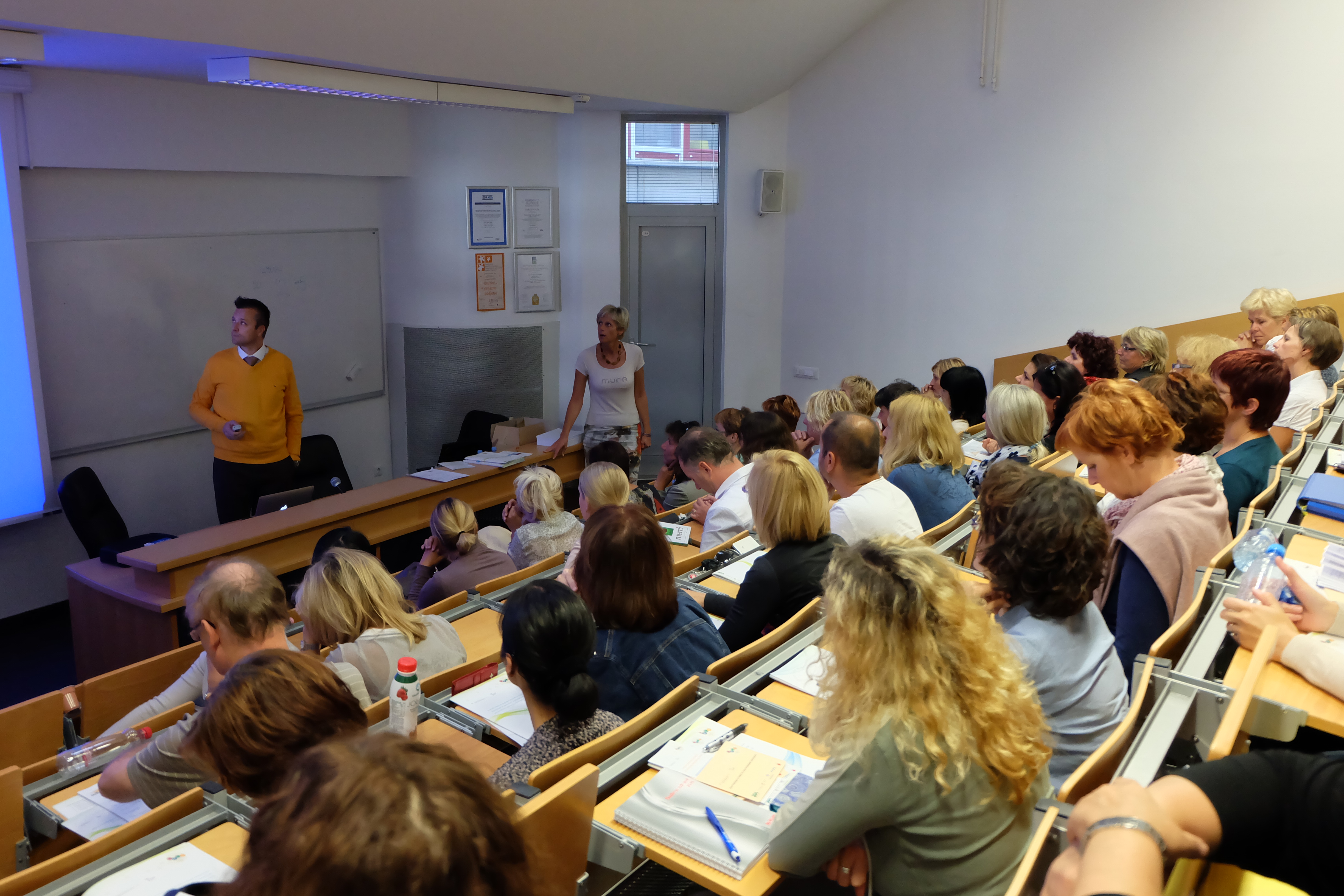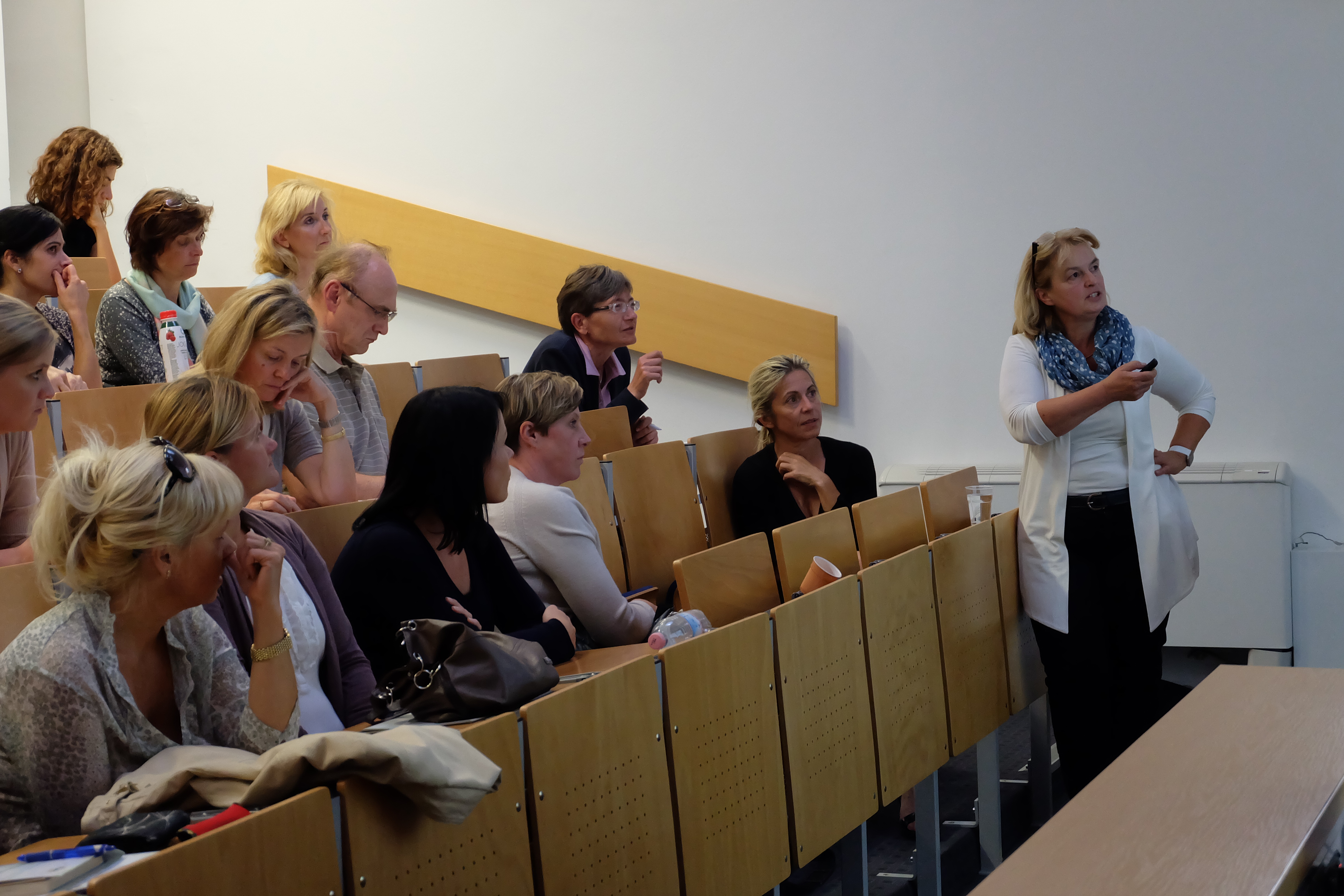GPs, nurses and junior nurses were introduced the concept of work in the MPs within the CPC+ project, the involvement of community nurses in MPs, modern approaches to addressing the problems of malnutrition and obesity, and intensive prevention programme in the Simulation center.
Obesity is a chronic disease and as such, in the context of metabolic disorders, should be treated individually as well as long term. Treatment and foremost objectives of treating obesity are not the same for every patient.
Malnutrition is the result of a reduced or unbalanced bodily intake of energy or nutrients. It represents an important clinical and public health problem that adversely affects mental, physical and psychosocial status of individuals.
Among the most exposed to malnutrition are the elderly, especially in care institutions and patients in hospitals, the socially disadvantaged and people with chronic or acute diseases.
According to the conventional definition of malnutrition, it is defined as part of the dietary and / or metabolic disorders (Figure 1) (Clinical Nutrition 2015 34, 335-340).
Malnutrition is the result of a reduced or unbalanced bodily intake of energy or nutrients. It represents an important clinical and public health problem that adversely affects mental, physical and psychosocial status of individuals.
Among the most exposed to malnutrition are the elderly, especially in care institutions and patients in hospitals, the socially disadvantaged and people with chronic or acute diseases.
According to the conventional definition of malnutrition, it is defined as part of the dietary and / or metabolic disorders (Figure 1) (Clinical Nutrition 2015 34, 335-340).
Malnutrition represents a clinical problem, which not only hinders the optimal treatment of chronic diseases, but also puts extra burden on the healthcare budget. According to the BAPEN data (British Association for Parenteral and Enteral Nutrition) the health care costs associated with malnutrition account for around 10% of the money allocated for the management of medical and social problems of the population.
Therefore, it is essential that screening on nutritional risk be performed already at the primary care level. MUST (Malnutrition Universal Screening Tool) represents an appropriate framework, which identifies the nutritional status of the individual in 5 steps and then makes it possible to determine the basic nutritional measures.


Participant teams in MPs. Lecturer Uroš Zafošnik and the Medical Director of Ljubljana Healthcare Centre, doc. Dr Tonka Poplas Susič.

Lecturer Milena Blaž Kovač, MSc.


